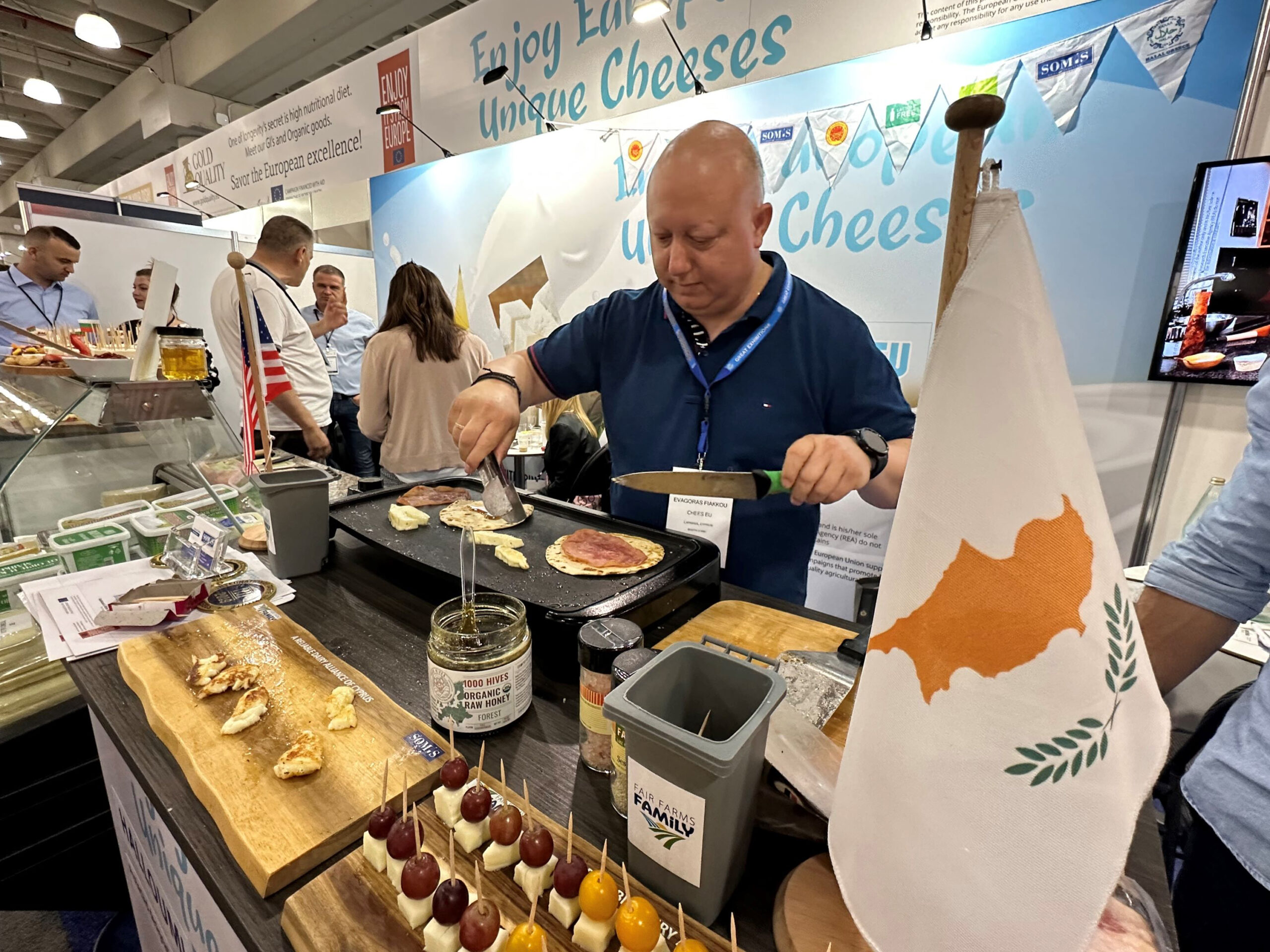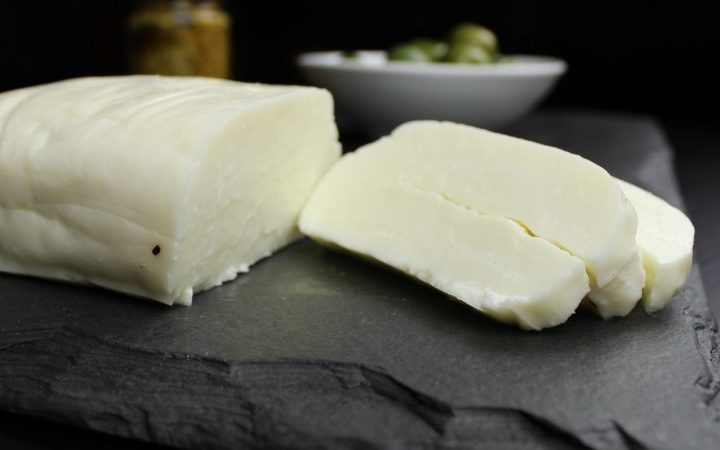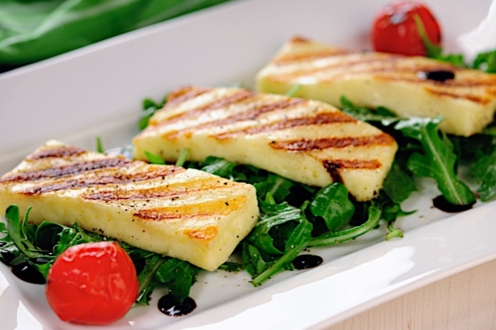Cheesemakers are furious following a decree issued by the Agriculture Ministry to immediately double the goat’s and sheep’s milk quota in Cyprus’ flagship export halloumi from 10% to 19%.
The Cyprus Cheesemakers Association is preparing for an extraordinary general meeting on Friday, claiming the decree will endanger exports.
It has voiced strong opposition to this adjustment, labelling it “completely unjustified, taken without prior due investigation and could potentially lead to the gradual collapse of the sector”.
In comments to CyBC radio, the chair of the association, Marios Constantinou, said the ministry is violating a ceasefire deal brokered in July 2022 to get all cheesemakers and sheep and goat farmers on the same page on the implementation of the EU Product of Designated Origin file (PDO).
Constantinou said the ministry based its decision on faulty data, which shows there is enough milk to support doubling sheep and goat milk to the cow milk ratio.
He argued the “deal was brokered on the commonly accepted notion that sheep and goat milk does not suffice to keep exports at current levels”.
He further said that exports of 40,000 tonnes and 5,000 tonnes of halloumi produced for the local market would be at risk.
“The ministry has not considered the sheep and goat milk earmarked for the production of Halloumi made only with sheep and goat milk,” said Constantinou.
“What the Agriculture Ministry is essentially telling us is to stop producing halloumi made only with goat’s and sheep’s milk so that we can increase the percentage of goat’s milk in halloumi”.
Constantinou said the association is preparing a strong response in consultation with their legal representatives.
Cheesemakers have claimed they could make halloumi under the EU Trademark, bypassing the milk ratio criteria and legally challenging the Republic over the PDO file.
A ceasefire was brokered 15 months ago between halloumi producers and the government, with an apparent agreement to resolve once and for all the contentious issue of the cow-to-goat and sheep milk ratio.
Under the terms of that agreement, the Agriculture Ministry had acquiesced to the demands of producers to postpone the enforcement of the PDO milk ratio until 2024.
As outlined in the PDO submission to the EU, the plan calls for goat or sheep milk to surpass 50% by 2024.
During the initial transitional period, products may be labelled as “halloumi” if they contain a minimum of 10% goat and sheep milk during the ‘low’ production season and 25% during the ‘high’ season, which runs from February to August.
As per the agreement, the ratio will steadily increase by 5% each year, eventually reaching the 50% threshold by 2029.
The PDO submission in 2014 specifies that goat’s milk must exceed cow’s milk by 2024, accounting for a minimum of 51%, and be sourced from specific Cypriot breeds of goats and sheep.
This milk ratio issue is the primary point of contention between the government and cheesemakers, who are apprehensive about the potential impact on Halloumi exports.
Halloumi cheese is considered the island’s ‘white gold’ worth €1.34 bln in exports from 2017 to 2021, with revenue expected to grow exponentially in the coming years.
According to the Ministry of Commerce, Cyprus dairy producers in 2022 exported halloumi worth €284 mln.










